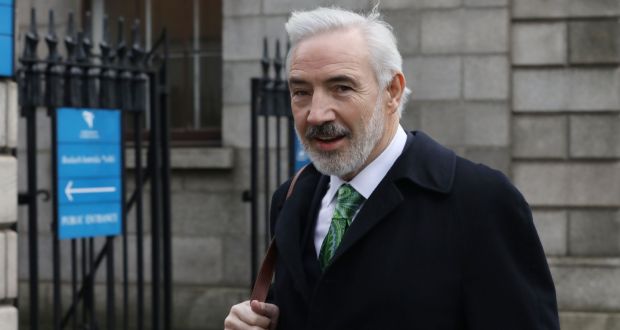
To make a debtor bankrupt you must prove the debt and that the debtor has engaged in an act of bankruptcy which would involve failing to respond to a Bankruptcy Summons or having a “nulla bona” (no goods) returned on an Execution Order which the Sheriff would have tried to execute on foot of a judgment.
The act of bankruptcy must have occurred within the preceding 3 months of the petition.
To petition for bankruptcy these conditions must be present-
1. The debtor must be resident in Ireland or have lived here within 1 year of the petition or have a house or business in the State within 1 year prior to petition
2. The debt must be at least €1,900
3. Petition must be presented within 3 months of the act of bankruptcy
4. The amount of debt must be sworn on affidavit
Petitioning for the bankruptcy of a creditor will involve advertising the court sitting in at least one national newspaper and discharging the costs of the Official Assignee who is the Court appointed person to whom the bankrupt person’s assets, if any, are transferred.
It will also involve lodging €650 with the Office of the Official Assignee in respect of his costs/outlays in the first instance.
When a person is adjudged bankrupt their property and assets are transferred to a court appointed trustee who is nearly always an official from the office of the Official Assignee who then looks after the estate of the bankrupt.
Secured creditors in bankruptcy
A secured creditor who holds a judgment or mortgage on a property can rely on this security and sell the property but must account to the Official Assignee in respect of the sale with any surplus being paid to the Official Assignee.
The legislation covering bankruptcy in Ireland is the Bankruptcy Act, 1988 and Statutory Instrument 79 of 1989 which is reflected in Order 76 of the Rules of the Superior Courts in Ireland.
If you have a question or concern, please use the contact form below. We respond within 24 hours, guaranteed.